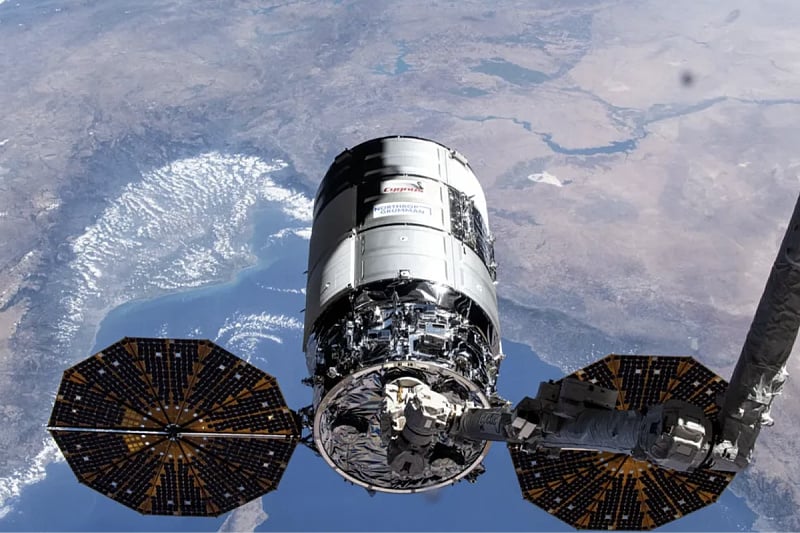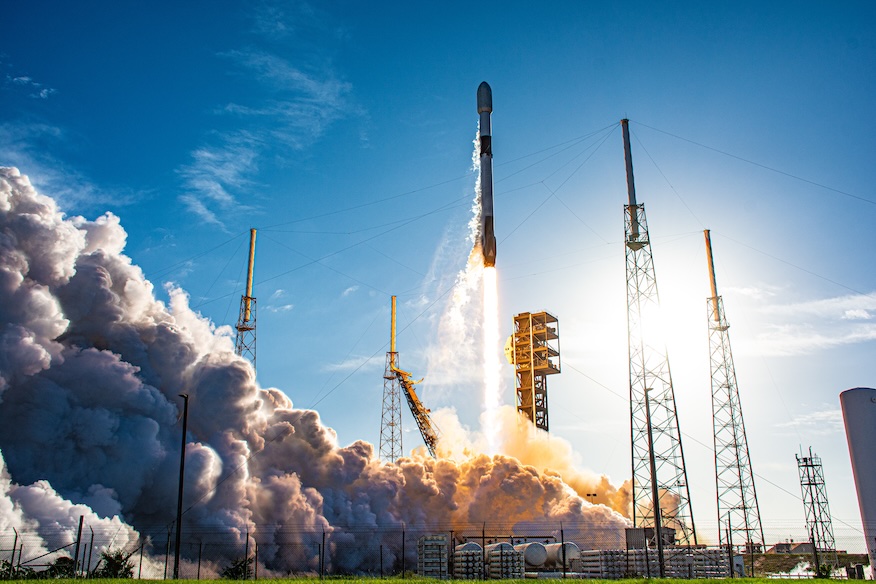The Cygnus XL spacecraft encountered a thruster issue in orbit on September 16, just two days after launching atop a SpaceX Falcon 9 rocket. The mission, which was intended to deliver supplies and equipment to the International Space Station (ISS), has now been temporarily delayed.
Due to an unexpected shutdown of the main engine during two critical burns required to raise the spacecraft’s orbit for rendezvous with the ISS, Cygnus XL failed to reach the correct altitude. As a result, its arrival at the station—originally scheduled for September 17—has been postponed, with a new date still under review.

NASA confirmed that all other systems aboard Cygnus XL are functioning normally, offering hope that the mission may proceed after further analysis and corrective action. While the propulsion anomaly occurred, the spacecraft’s control and communication systems remain operational.
This mission, designated NG-23, was intended to be Northrop Grumman’s 23rd cargo delivery to NASA’s orbital platform. However, the previous mission—NG-22—was canceled after the spacecraft was damaged during ground transportation to the launch site.
Cygnus is one of three active cargo vehicles supporting the ISS, alongside SpaceX’s Dragon and Russia’s Progress. Unlike Dragon, which is reusable, both Cygnus and Progress are designed for single use and burn up upon re-entry into Earth’s atmosphere.
The Cygnus XL model flying this mission is named S.S. William “Willie” McCool, in honor of the astronaut who perished in the 2003 Columbia shuttle disaster. Once successfully docked, the vehicle is expected to remain attached to the station until March 2026, after which it will depart and burn up during re-entry.

